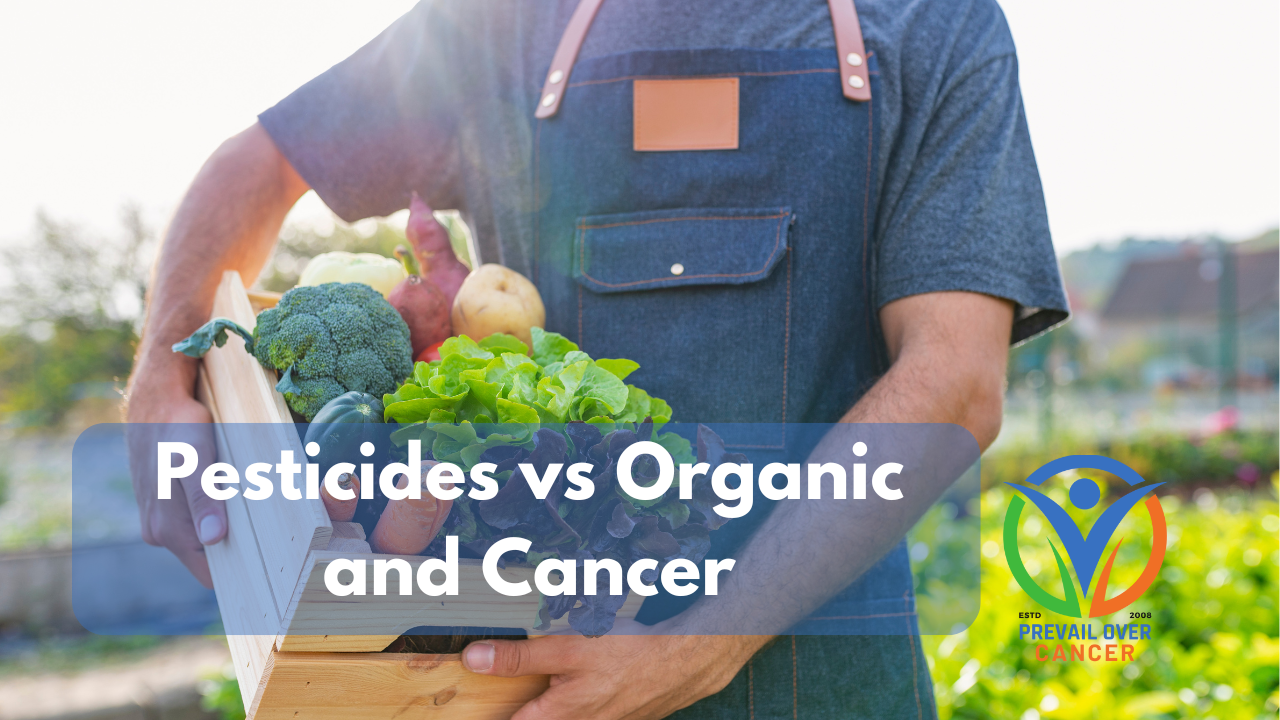Organic vs. Conventional Produce: Cancer Risk, Pesticide Exposure, and the Fight for Transparency

Exploring the Science Behind Organic Foods, Farmworker Health and Cancer Risks, and the Controversial Congressional Bill Shielding Pesticide Manufacturers
Researched and written by Keith Bishop, Clinical Nutritionist, Cancer Coach, Retired Pharmacist and Founder of Prevail Over Cancer.
As cancer rates continue to rise across the U.S., especially in agricultural states like Iowa, many are asking: could the food we eat—and how it’s grown—be part of the problem?
🚜 Conventional Produce and Pesticide Exposure
Conventional fruits and vegetables are often grown with synthetic pesticides and herbicides, including glyphosate, malathion, and chlorpyrifos—chemicals classified as probable or possible human carcinogens by the International Agency for Research on Cancer (IARC). While regulatory agencies like the EPA set limits on residue levels, recent studies suggest that even low-level, chronic exposure may contribute to cancer risk.
📍 Who’s Most at Risk?
- Farmworkers and pesticide applicat...



